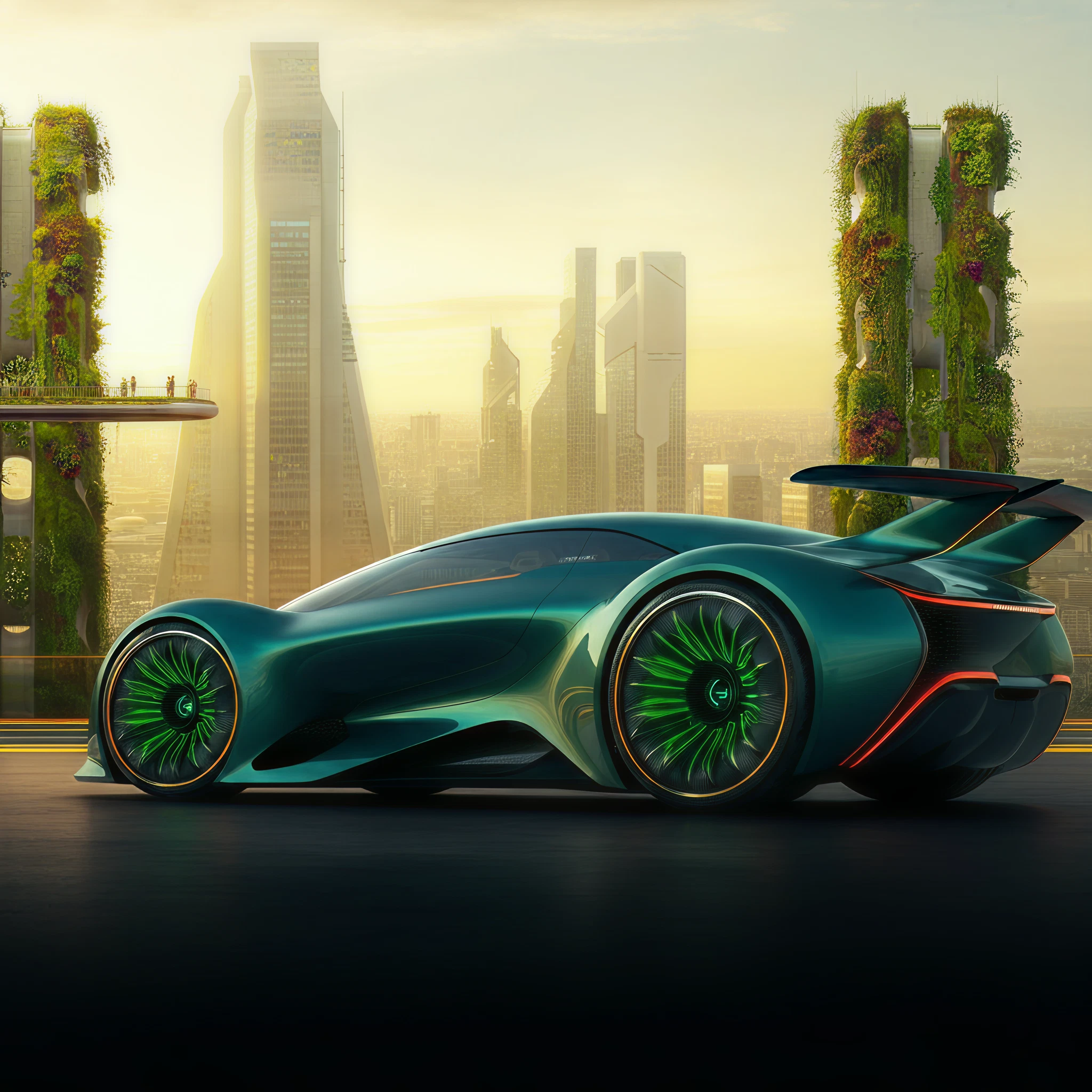Hybrid vehicles have become a game changer in modern transportation, blending the power of traditional internal combustion engines with innovative electric motor technology. For eco-conscious drivers, tech enthusiasts, and car buyers aiming for sustainability and cost efficiency, hybrids present the perfect middle ground. Intrigued by the potential of hybrid cars? This guide dives into everything you need to know.
What Are Hybrid Vehicles and How Do They Work?
Hybrid vehicles combine a traditional gasoline or diesel engine with an electric motor. There are two main types of hybrids:
- Self-Charging (or conventional) Hybrids: These charge their batteries using energy recovered during braking or coasting, as well as from the engine. The energy powers the electric motor for smoother acceleration and improved fuel efficiency.
- Plug-In Hybrids (PHEVs): These come with larger batteries that can be recharged via an external outlet. PHEVs allow longer drives in electric-only mode, making them more efficient over short distances.
The result? A seamless blend of technologies that improves fuel economy, reduces emissions, and delivers exceptional driving performance.
Environmental Benefits of Hybrid Vehicles
Driving a hybrid is one of the most effective ways to reduce your carbon footprint without compromising convenience. Here’s why hybrid cars stand out:
- Lower Fuel Consumption: Gasoline usage is reduced thanks to the integration of electric motors.
- Reduced Greenhouse Gas Emissions: Depending on the model and type, hybrids produce less carbon dioxide (CO2) than conventional vehicles.
- Urban Air Quality: Many hybrids, especially plug-ins, can operate in electric-only mode, producing zero emissions during shorter commutes.
- Sustainable Practices: Brands like Toyota and Honda lead the pack with sustainable technologies in their hybrid line-ups.
Types of Hybrid Vehicles on the Market
With many options available, there’s a hybrid for every need. Here’s a quick comparison of some standout types:
1. Small City Cars
Top Pick: Renault Clio E-Tech
-
-
- Why we love it: Perfect for urban drives with 60 miles per gallon efficiency and plush interiors. Small and sharp, it’s an ideal compact option for city dwellers.
- Worth Considering: Toyota Yaris Hybrid, MG 3 Hybrid.
-
2. Hatchbacks
Top Pick: Honda Civic e:HEV
-
-
- Why we love it: Packed with sleek design and top-notch hybrid technology, it hits over 50 mpg in real-world testing and offers a lively yet smooth drive.
- Alternative: Toyota Corolla Hybrid.
-
3. Plug-In Hybrids
Top Pick: Volkswagen Golf eHybrid
-
-
- Why we love it: With a strong electric-only range and exceptional comfort, it balances performance and energy savings.
- Alternative: Peugeot 308 Hybrid.
-
4. Family Cars
Top Pick: BMW 330e
-
-
- Why we love it: Perfect for families, offering ample space, smooth driving, and power with great fuel economy. It’s a premium choice for those who value luxury and efficiency.
- Alternative: Skoda Superb iV.
-
5. SUVs
Top Pick: BMW X5
-
-
- Why we love it: Its elegant design is matched by impressive all-electric performance and versatility for adventures.
- Alternative: Porsche Cayenne Hybrid, Honda CR-V.
-
6. Luxury Options
Top Pick: Mercedes-Benz E300de
-
-
- Why we love it: Combining tech-packed interiors with long-distance range and opulent design, it’s the epitome of sophistication.
- Alternative: BMW 7-Series Hybrid.
-
Why Invest in a Hybrid Vehicle?
Hybrid vehicles are more than just eco-friendly alternatives. They offer substantial financial savings and practical advantages:
- Long-Term Cost Savings:
- Residents with regular commutes can reduce fuel expenditures significantly.
- Plug-in hybrids cut down reliance on gas with electric-only driving modes.
- Tax Benefits:
- Lower road taxes and financial incentives for eco-friendly vehicles in many countries.
- Less Dependence on Charging Infrastructure:
- Unlike fully electric vehicles, hybrids provide backup gasoline power, minimizing range anxiety.
- Improved Resale Value:
- Modern hybrid cars retain their value better due to increasing demand for fuel-efficient vehicles.
Tackling Common Misconceptions About Hybrid Vehicles
Despite hybrids becoming increasingly popular, some myths still linger:
- “Hybrids are slow”: Actually, hybrids like the Porsche 911 GTS hybrid can rival supercars in speed and performance.
- “Hybrids are only for eco-conscious drivers”: While environmentally friendly, hybrids are also performance-focused, with options like the Ferrari 296 boasting incredible power.
- “They aren’t worth it for long drives”: Many hybrids include regenerative braking and advanced systems, making them perfect across distances.
Maximizing Efficiency in Your Hybrid Vehicle
Want to get the most out of your hybrid? Here are a few maintenance and driving tips:
- Routine Maintenance:
- Regularly check hybrid-specific components like batteries and cooling systems.
- Tire inflation is critical for fuel efficiency.
- Efficient Driving:
- Gradual acceleration and braking help maximize battery power.
- Use electric-only mode for city commutes when possible.
- Charging Habits:
- Plug-in hybrids benefit from consistent home charging for maximum efficiency on short trips.
Final Thoughts
Hybrid vehicles are taking the world by storm, proving that you can combine efficiency, performance, and sustainability. With growing availability and a diverse range of models, there’s never been a better time to make the switch.
Looking to explore hybrid models and their capabilities further? Use the insight from this guide to make an informed decision on your next ride. By choosing a hybrid, you’re not only contributing to a greener planet but also securing a smarter, cost-effective way to drive.








